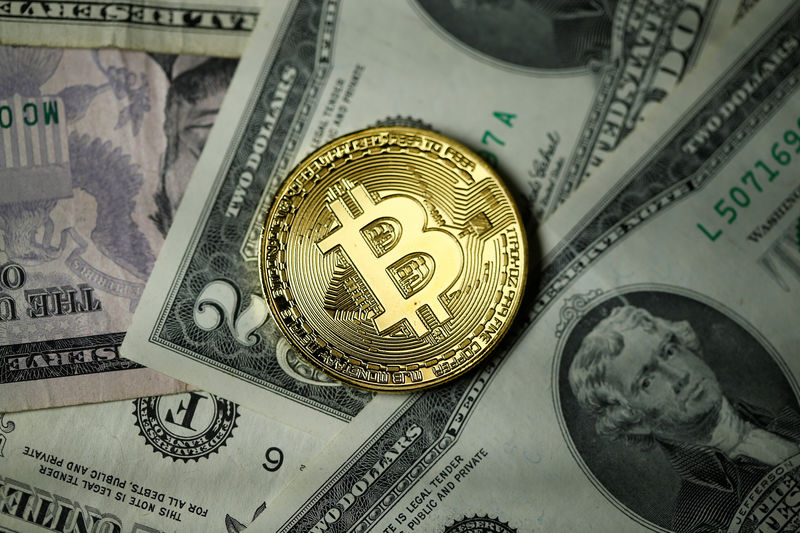$870 Million Inflow into Bitcoin ETFs: BTC Aiming for the Peak
Spot Bitcoin exchange-traded funds (ETFs) listed in the U.S. recorded net inflows exceeding $870 million yesterday. This inflow marks the third highest figure since the products were launched in January.
According to SoSoValue data, BlackRock's IBIT received over $629 million in inflows. It was followed by Fidelity's FBTC with $133 million, Bitwise's BITB with $52 million, Grayscale's mini Bitcoin trust with $29 million, VanEck's HODL with $16 million, and Ark's ARKB with $12 million.
Grayscale's Bitcoin Trust (GBTC) was the only ETF to record a net outflow, amounting to $17 million. The total trading volume surpassed $4.75 billion, reaching its highest level since March, with IBIT accounting for $3.3 billion of this volume alone.
Demand for the ETFs emerged yesterday as Bitcoin approached all-time highs in the late hours, intensified by investors viewing the upcoming U.S. elections as a sign of potential volatility in the near term. Some analysts are targeting the $80,000 price level for November, regardless of who wins the election. Options bets in this price range have seen a significant increase since last week.
BTC rose by 3% yesterday, bringing its weekly gain to 7.7%, leading the market upwards.
Bloomberg ETF analyst Eric Balchunas predicts that inflows will increase in the coming days due to "FOMO". FOMO (fear of missing out) can be defined as the fear of investors missing opportunities in the market.
Balchunas stated on X, "IBIT saw $3.3 billion in transactions today, marking the largest figure in six months. However, it’s somewhat interesting as BTC's 4% rise is typically seen when ETF volumes are in a crisis or declining." He added, "If there’s a FOMO frenzy, volumes can occasionally spike. Given the recent price increases, I anticipate more inflows this week."
High inflows into the ETFs are a measure of investor confidence or interest in the underlying asset. While inflows do not directly cause an increase in the value of the ETF's underlying assets, the resulting buying pressure could lead to a price increase in the near term due to supply and demand dynamics and increasing sentiment among traders.


